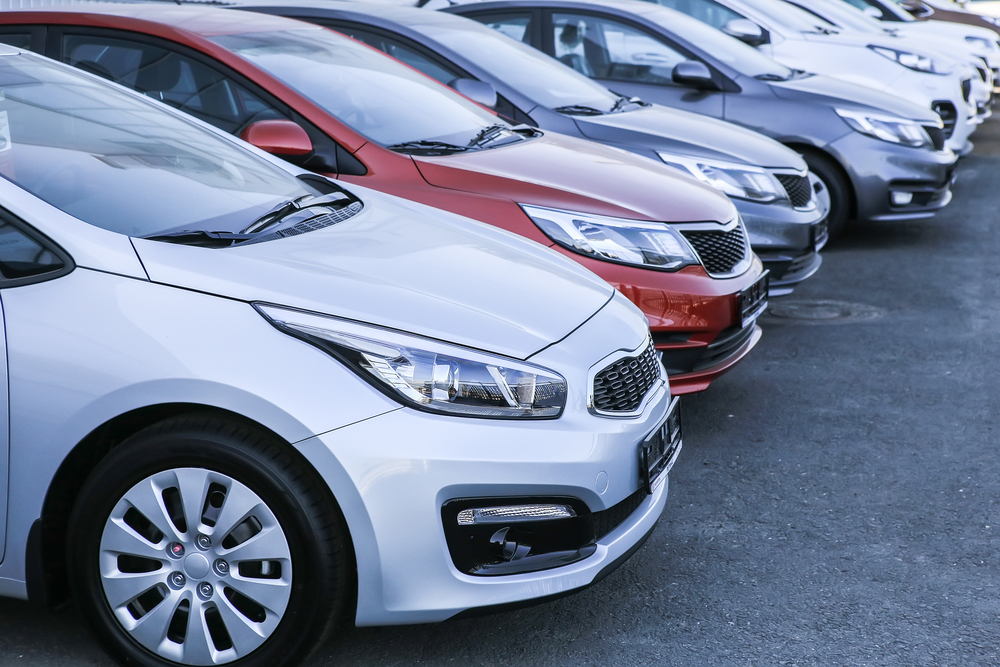Household Bills
Buying a used car? 10 checks that could save you thousands

Guest Author:
James FaircloughAvoid having to shell out money on repairing your new car by making these crucial checks before you sign on the dotted line.
Cars are an expensive purchase and after you’ve spent months saving up, or ensuring you have enough money to finance a vehicle, the last thing you need is for something to go wrong.
While there are more than 100 things to check for when buying a used car, some are certainly more important than others. With this in mind, here is a list of the top 10 most important checks to carry out before agreeing a deal.
Brakes
When you’re out on a test drive listen for noise and feel for vibration when you apply them, which might suggest that the brakes or the discs need replacing. Try an emergency stop too – the car should pull up in a straight line, but if the vehicle pulls to one side then further investigation will be needed.
Clutch operation
Clutches will often last the life of the vehicle, but if it has been driven frequently in hilly areas or used for towing, this can impact how long it will last before it needs to be replaced. Replacing a worn clutch is expensive, so ensure that the condition of the clutch is investigated; this is best done by a qualified mechanic as the condition of a clutch can be difficult to test.
Engine
These repairs can be very costly. A visual check of the oil and coolant levels, listening for any harsh rattles or knocks and checking the exhaust for smoke should be part of any inspection. A good service history will show the engine has been looked after and whether a cam belt, where fitted, is due for changing or has recently been replaced.

Wellness and wellbeing holidays: Travel insurance is essential for your peace of mind
Out of the pandemic lockdowns, there’s a greater emphasis on wellbeing and wellness, with
Sponsored by Post Office
Electrics
Newer cars have more tech than ever before, and therefore, electrical problems are more common, so make sure you check that the windows, multimedia system, locking system, sat-nav, parking sensors, lights, and any other electrical components are working before buying a used car. If the car has keyless entry, make sure that the range works as expected.
Tyres and wheels
Check for cuts and bulges on the tyres and ensure they meet the minimum legal tread depth of 1.6mm. Not all cars come with a spare tyre (some are fitted with ‘run-flat’ tyres or have an inflation kit instead). If there is a spare it might be full size or, more likely, a ‘skinny spare’. Make sure it is in a roadworthy condition and that all the necessary tools (for example locking wheel nuts.) are present to change a wheel.
Windscreen
Check the windscreen for small cracks and chips, as these can be easily missed but can escalate quite quickly into cracks that will result in an MOT failure.
Body work condition
Feel the carpets for damp and pull them back so you can check underneath. Ensure that you check the boot well as that is where damp can accumulate and could indicate a leak. Check the rubber seals on the car doors too as damage here could leave you with problems in the event of bad weather conditions
Service history
Before agreeing to the purchase, ensure that the car comes with all the necessary paperwork such as its full service history, latest MOT test certificate and a V5C. If it has an incomplete service history, you should further investigate the condition of the car.
MOT history online
You can view a car’s MOT status and history on the gov.uk website using the vehicle’s registration number. Use the DVSA’s Check MOT Service to check MOT details or car mileage.
Vehicle history check
One in three cars has a hidden history, so it’s worthwhile getting a pre-sale vehicle check to put your mind at ease. You can purchase a vehicle history check from the AA for as little as £6.
James Fairclough is chief executive of AA Cars